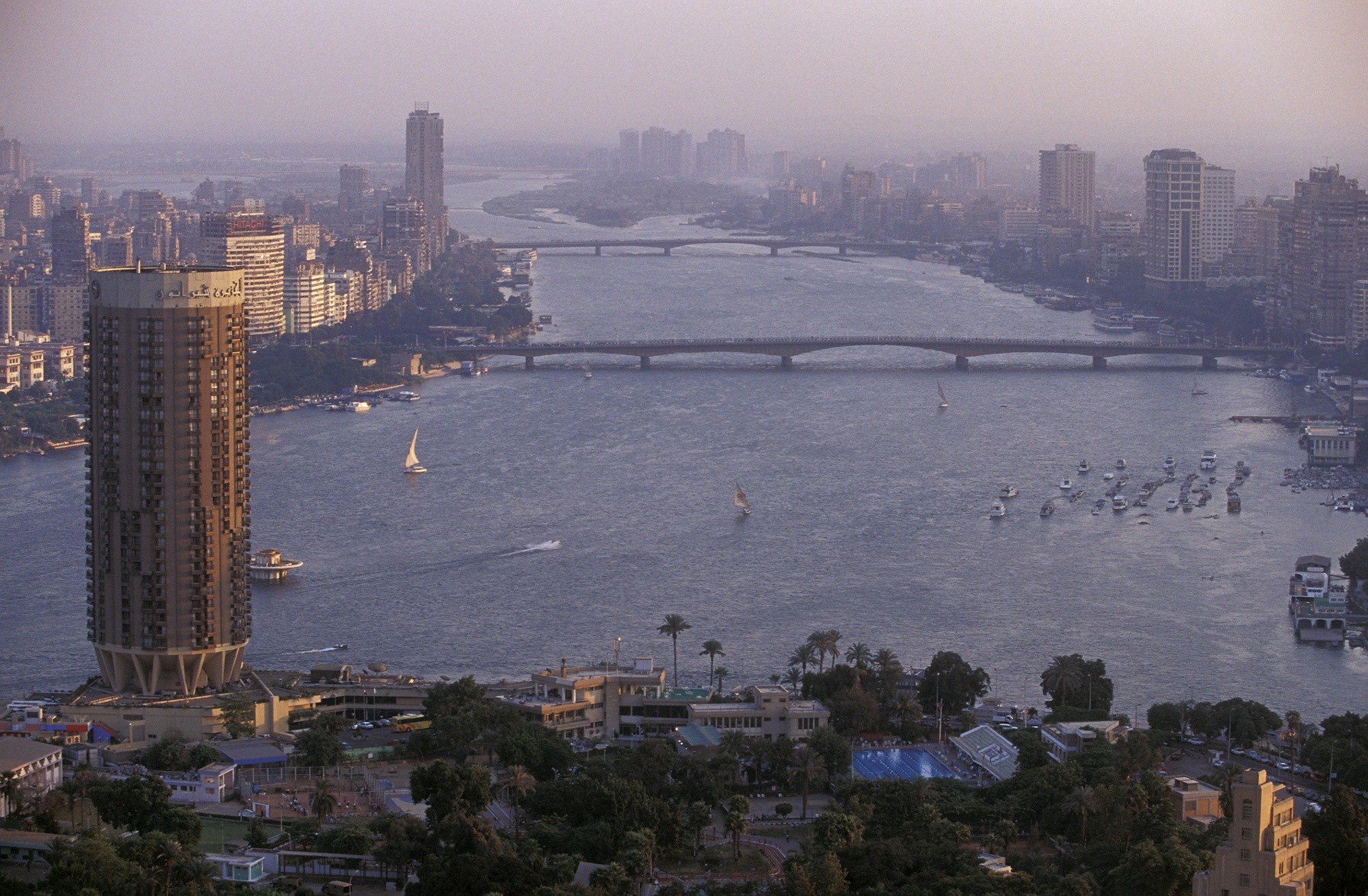
AUDIO: Listen to a Christian worker based in North Africa talk about the crisis in Egypt: http://media1.imbresources.org/files/122/12268/12268-68599.mp3.
CAIRO (BP)–At first, it looked like there would be no reaction. Abdou Abdel-Monaam Hamadah, an Egyptian restaurant owner, set himself on fire Jan. 17 to protest bread prices.
In neighboring Tunisia, a demonstration like that brought down the whole government, but Hamadah’s statement met with relative silence.
Media analysts initially speculated that it couldn’t ignite fires of protest in the rest of the Arab world, especially Egypt. Demonstrations sprang up in Jordan, Yemen and Mauritania as well, but Tunisia had social conditions unmatched in the others, some analysts said — a unique perfect storm for revolution.
But it took only a week or so for smoldering embers to ignite. After Egyptian protesters gained momentum and organization, tens of thousands marched Jan. 28 in protest of President Hosni Mubarak’s regime.
They spilled out of mosques and churches alike to rally around issues transcending religious barriers — jobs and food.
The swell of discontent has been building “for several years as the economic situation has deteriorated, and there’s been more of a grass-roots feeling, a sense that they’re being left behind economically in the world and in the region,” said Marshall Jackson*, a Christian worker in North Africa. “[There is] a desire for greater freedoms that haven’t been afforded to them.”
The death toll rose through the weekend. Police clashed with protesters, then withdrew, replaced by the army, which protected major landmarks but left neighborhoods open to looting. Tanks rolled through plazas; planes buzzed the crowds. Mubarak fired his cabinet and named a vice president for the first time in his nearly 30-year rule, but has yet to step down.
And the crowds say they won’t quit until he does.
Protesters, led mostly by young Egyptians as political factions rushed to catch up with events, called for a general strike Feb. 1 — and a “protest of the millions” in central Cairo Feb. 1.
“The folks that we’ve talked to before we lost cell phone coverage and Internet coverage into the country were very surprised at how quickly things mushroomed and how bold their neighbors, the Egyptian people in general, had been in taking to the streets,” Jackson said.
It’s something he believes could shake the region.
“What I see across the region is that we may have an initial period of instability that really translates into a time of great opportunity to get [the Gospel] message out there,” Jackson said.
Believers in the area are “guardedly optimistic,” as the unrest has made people more receptive to conversations about faith that might have been difficult in the past, he said.
“This doesn’t seem to be a time to retreat. This seems to be a time to move forward so that the cause of Christ can be advanced in that part of the world,” Jackson said. “Over the long term, this [situation] could provide some open doors to see some church planting, evangelism and discipleship taking place.”
Right now, he said, the biggest concern for Christian workers in the region is presence and access to be able to continue the work.
“We desire more than anything else to see Egyptians come to know Christ — that a nation that was once predominantly followers of Christ would really once again come back to their roots, which is that foundation in Jesus Christ,” Jackson said.
He asks that believers pray for safety for Christian workers in the region, but also for wisdom and boldness during this time.
Christians also should pray for the national believers in the region who don’t have the option of leaving, no matter how bad the unrest gets, said Nik Ripken*, who has served 25 years with the International Mission Board and is an expert on the persecuted church in Muslim contexts.
“Our heart’s desire is for the Egyptian people to know of our prayers and that [those not yet believers] may also have access to the Prince of Peace,” he said.
BBC Middle East analyst Roger Hardy noted that Westerners fear the implications if the Islamist opposition party were to use the opportunity to take over, but currently “that scenario seems far-fetched,” he noted. “The [Muslim] Brotherhood is trying to jump on the bandwagon of a youthful and largely leaderless protest movement.”
Analysts can only speculate on what the desired freedom will look like when the dust settles.
Ripken, like others, waits to see. But no matter what, the unrest in Tunisia and Egypt undoubtedly “has sent shock waves through the Muslim world, especially among those who have a significant poor population,” he said.
And there will be implications for the religious atmosphere no matter what happens.
“In communal societies, all things are related,” Ripken said.
He and Jackson ask Christians to pray:
— for believers in Egypt — Arab Christians and believers within the Coptic Church.
— for the safety of Christian workers in the region.
— for wisdom and boldness in sharing the Gospel during this time of unrest.
–30–
*Names changed. Ava Thomas is a writer/editor based in Europe for the International Mission Board.

















